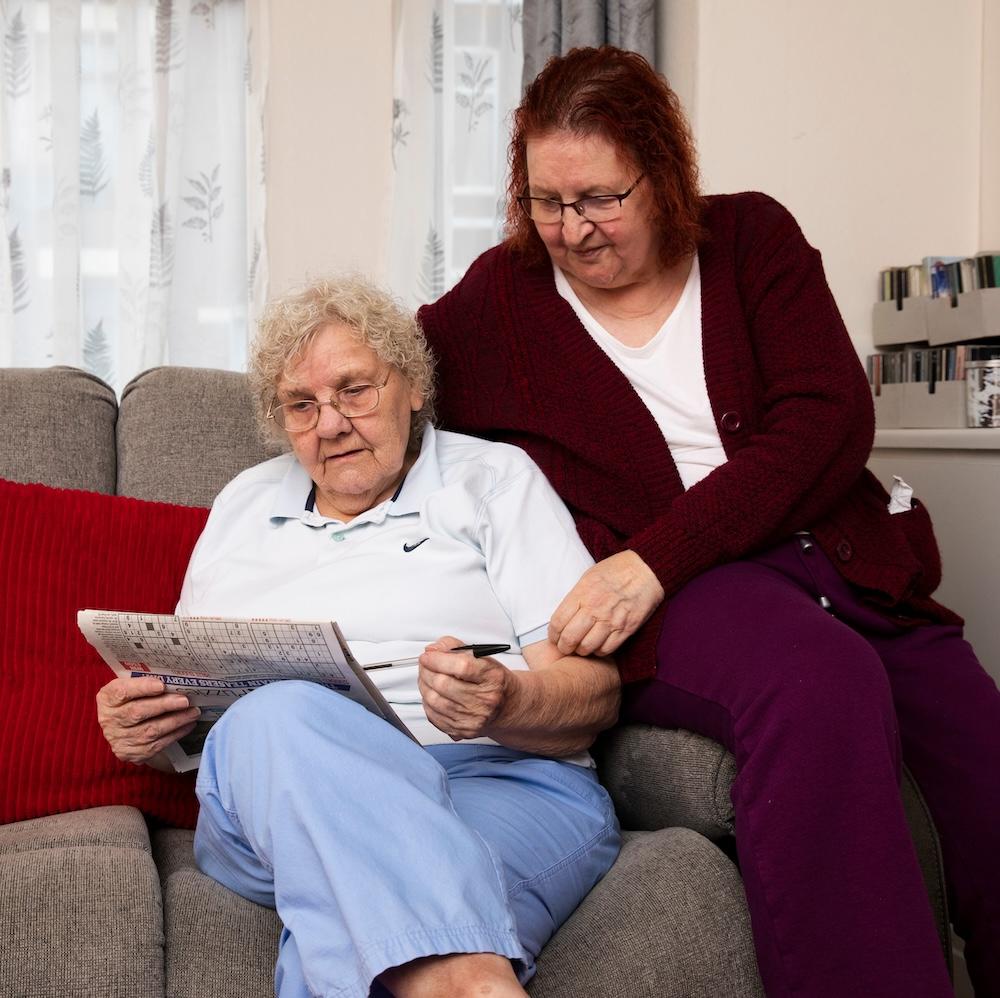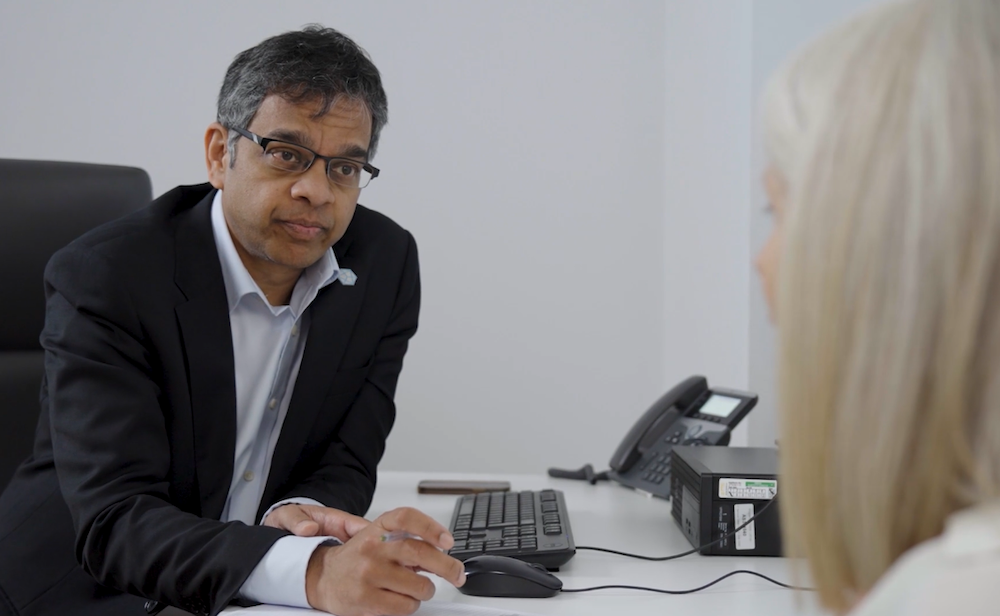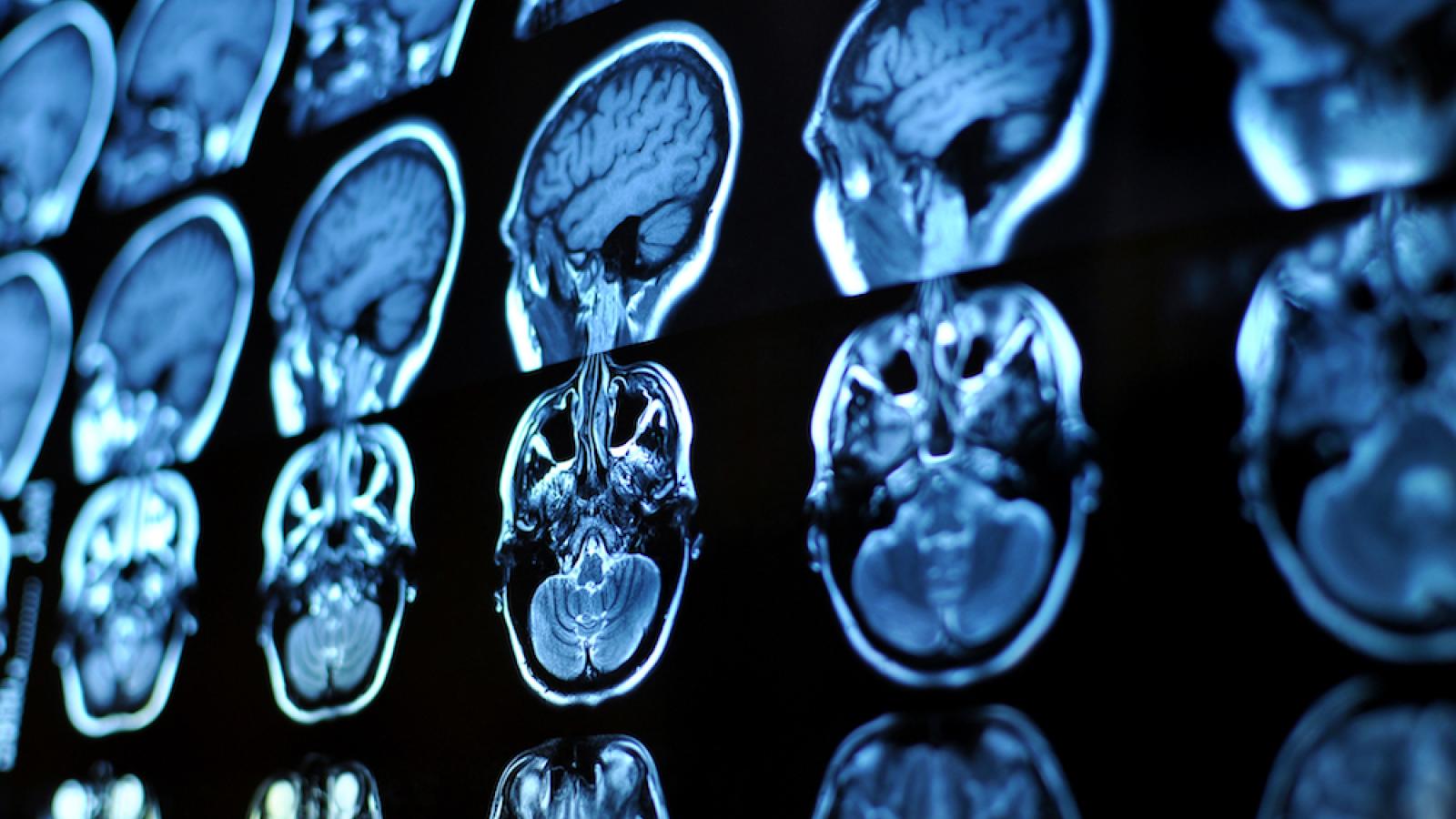The symptoms of dementia and what they mean
Dementia is not a specific disease but a generic term used to describe a set of symptoms (a syndrome) associated with a gradual loss of cognitive function that begins to impact an individual’s daily life. It can be caused by several different neurodegenerative conditions, which are characterised by the dysfunction and eventual loss of neurons which allow the brain and rest of the nervous system to work properly.
Common symptoms of dementia can include:
- Recurrent difficulty remembering recent events and conversations
- Difficulty with planning and problem solving
- Problems with speech
- Changes in behaviour or personality
While these symptoms can be alarming, they don't necessarily mean you have a serious condition. It’s important to remember that occasional forgetfulness or lapses in memory can be a normal part of ageing. Many other factors, such as stress, depression, poor sleep, chronic pain, and certain medications, can also affect memory and thinking. If you or a loved one notice ongoing issues, it’s a good idea to see a healthcare professional to diagnose the cause and make sure you receive the right treatment and support.
Many people with dementia or associated neurodegenerative conditions are not fully aware of their symptoms. Instead, these changes are often first noticed by the people who are close to them. As a result, people affected directly rarely think they need to seek medical help for their condition. They may also refuse to do so if others suggest it, which can cause delays.
Neurons are responsible not only for allowing us to think and make decisions, but also for a huge number of other crucial functions like breathing, talking and movement. Therefore, neurodegenerative conditions can lead to a range of symptoms dependant on which part of the brain or nervous system is affected. It is important to see a healthcare professional when you or a loved one notices any unusual symptoms but, as with dementia, many other factors, aside from neurodegeneration, can affect these functions.
For more information on specific symptoms, please visit our specific condition web pages.

Steps to a dementia diagnosis
Seeking a diagnosis for dementia and associated neurodegenerative conditions usually involves several steps depending on your location. Here’s a general outline of what you might expect:
- 1. Initial consultation
Most people start their journey with a visit to their GP. During the first appointment, you can discuss your symptoms in detail. The GP will perform some simple neurological tests to assess your memory, attention span, language, and other cognitive skills, as well as any associated issues that you are concerned about (e.g. stumbling). They may also order some blood tests to rule out other conditions.
- 2. Specialist referral
If the GP feels it’s necessary, they may refer you to a specialist such as a neurologist, geriatrician or memory clinic. In that case, the specialists will perform more detailed assessments, including an MRI or CT scan of the brain and more extensive tests depending on the condition.
- 3. Diagnosis
A team of specialists may review your results to reach an accurate diagnosis.
I've been diagnosed with dementia; what now?
Being diagnosed with a neurodegenerative condition can be very difficult. Once a diagnosis is made, your healthcare team will discuss the results with you and explain the next steps for treatment and support. This may include emotional and psychological support to help you and your loved ones to cope with the news.
The advice you receive will vary depending on the condition that is believed to be causing dementia or other neurological symptoms. For more information, visit our page about support for people affected and our dedicated condition pages for help with managing your condition and finding support networks.

The benefits of getting an accurate diagnosis
Getting an accurate diagnosis is important, whether you’re found to have a neurodegenerative condition or not. It can help in many ways:
- Early diagnosis increases chances of early intervention, giving greater opportunity to manage symptoms well and maintain a good quality of life.
- Diagnosis allows you and your family to plan for the future, make informed decisions and find relevant support services.
- A confirmed diagnosis could also mean that you’re eligible to participate in clinical trials, contributing to ongoing research and potentially getting access to emerging treatments.
Seeking a diagnosis can be a daunting process, but you're not alone. There are numerous resources and support networks available to help you navigate this journey and manage your condition effectively.
The challenge of diagnosis and future developments
Diagnosing dementia and its related conditions is complex. Early and accurate diagnosis is a significant challenge, and more advanced diagnostic tools are needed.
The UK Dementia Research Institute is at the forefront of developing new early diagnostic tools. Our research aims to create more effective treatments by identifying conditions as early as possible. For updates on our progress and ongoing projects, visit our 'Biomarkers & Diagnostics' page.

